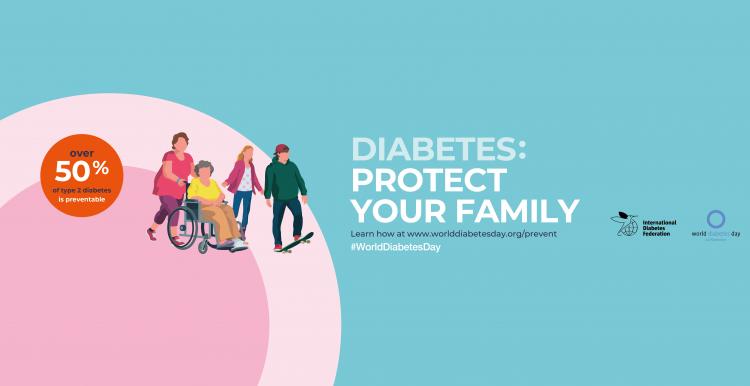Diabetes: What are the signs?

Symptoms for type 1 and type 2
Both type 1 and type 2 share common symptoms. These being:
- going the toilet a lot, especially at night
- being very thirsty
- feeling more tired than usual
- losing weight without trying to
- itchy genitals or thrush
- cuts and wounds take longer to heal
- blurry vision
Where Type 1 and Type 2 diabetes differ is how they appear. Type 1 can often develop quite quickly. That makes them harder to ignore. This is important because symptoms that are ignored can lead to diabetic ketoacidosis (DKA).
What's DKA?
Diabetic ketoacidosis (DKA) happens when there is lack of insulin in the body. This means the body can’t use sugar for energy and starts to use fat instead. When this happens, chemicals called ketones are released.
If left unnoticed, ketones can build up and make your blood become acidic. This can be very serious if it isn’t treated fast.
However, Type 2 diabetes can be easier to miss. This is because it develops more slowly, especially in the early stages. This is why it’s important to know your risk of developing Type 2 diabetes. Some people have diabetes and don’t know it.
What do if I have some of these symptoms?
If you have any symptoms of diabetes, you should get in touch with your GP. It doesn’t mean you definitely have diabetes, but it’s good to check anyway. Early diagnosis and treatment are significant to keeping you healthy and reduces the chance of developing serious complications.
What happens if you ignore the signs of diabetes?
For Type 1 diabetes, it is hard to ignore because the symptoms can often appear quite quickly. However, leaving it untreated can lead to serious health problems, including diabetic ketoacidosis, which can result in a potentially fatal coma.
If Type 2 diabetes is left untreated it can affect many major organs, including your heart, blood vessels, nerves, eyes and kidneys.
Where can I find out more?
For all the information in this article and more, check out Diabetes UK’s website and the International Diabetes Federation.


